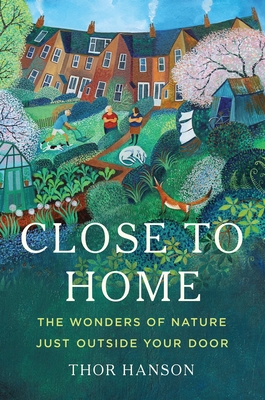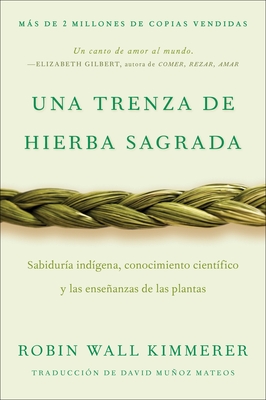
Some 40 million miles of roadways encircle the earth, yet we tend to regard them only as infrastructure for human convenience. While roads are so ubiquitous they're practically invisible to us, wild animals experience them as entirely alien forces of death and disruption. In Crossings, environmental journalist Ben Goldfarb travels throughout the United States and around the world to investigate how roads have transformed our planet. A million animals are killed by cars each day in the U.S. alone, but as the new science of road ecology shows, the harms of highways extend far beyond roadkill. Creatures from antelope to salmon are losing their ability to migrate in search of food and mates; invasive plants hitch rides in tire treads; road salt contaminates lakes and rivers; and the very noise of traffic chases songbirds from vast swaths of habitat.
Yet road ecologists are also seeking to blunt the destruction through innovative solutions. Goldfarb meets with conservationists building bridges for California's mountain lions and tunnels for English toads, engineers deconstructing the labyrinth of logging roads that web national forests, animal rehabbers caring for Tasmania's car-orphaned wallabies, and community organizers working to undo the havoc highways have wreaked upon American cities.
Today, as our planet's road network continues to grow exponentially, the science of road ecology has become increasingly vital. Written with passion and curiosity, Crossings is a sweeping, spirited, and timely investigation into how humans have altered the natural world--and how we can create a better future for all living beings.
member goods
listens & views

BEZNOSIUKS & FRIENDS PLAY MOZART ...
by MOZART / BEETHOVEN / MOZART / BEZNOSIUK / DUNN
COMPACT DISC$18.49





